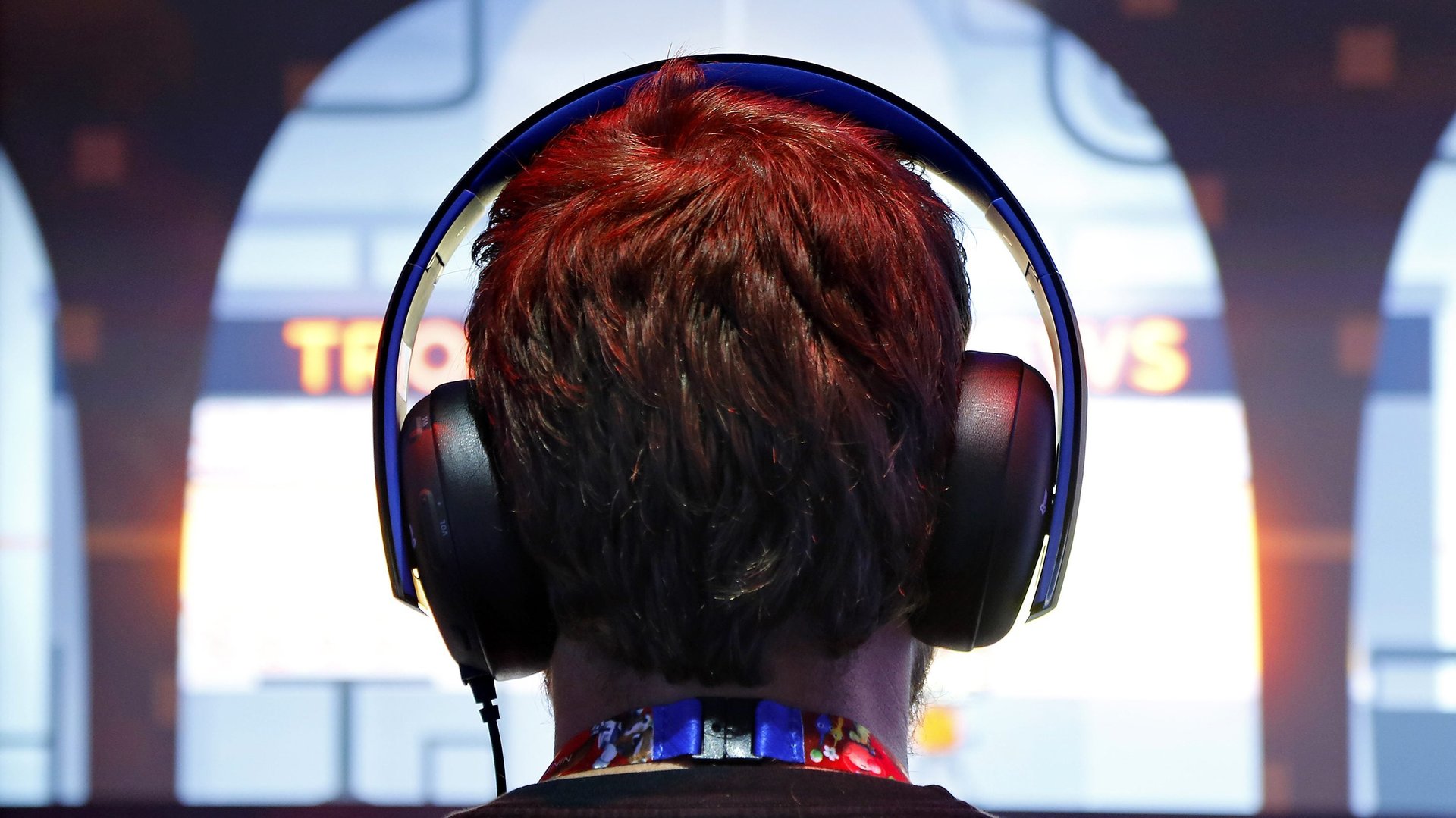Gen Z defines job security completely differently from the rest of us
Employees have traditionally been the ones who have to grovel to get—and sometimes, to keep—a job. But as Generation Z starts to enter the workforce, that power dynamic is due for a shift.


Employees have traditionally been the ones who have to grovel to get—and sometimes, to keep—a job. But as Generation Z starts to enter the workforce, that power dynamic is due for a shift.
At least that’s what Google’s chief education evangelist Jaime Casap believes: Gen Z will be the ones to fix the broken workplace structure.
First, let’s be clear. There is a lot of rubbish out there about comparing one generation to another. And not much is even substantiated, as we learned from consultant Jessica Kriegle who explains the flaws in generational stereotypes in her book Unfairly Labeled. Recent data from David Allison in his book We Are All The Same Age Now shows that people of the same generation rarely even agree with one another.
But future professionals from Generation Z—people born between 1998 and 2016, roughly—do diverge in a few important areas that will likely alter the workforce forever. They aren’t dynamically different from previous generations, but they have learned a few new lessons from the failures of the rest of us. Here is a summary of why we should pay attention to their perspectives, which will likely change what we all failed to.
Bad examples
Gen Z has watched two fascinating paradigms materialize before their very eyes. In my own interview with Casap, he discussed how Gen Z watched their Baby Boomer or Gen X parents play the workplace game with little success. “They saw their parents believe, ‘All you gotta do is work hard, keep your head down, go early, stay late, and you can advance and move up in a company.’ They saw their parents do that, and lose their jobs,” Casap said.
Education didn’t pan out for them, either. “They watched their brothers and sisters [get that college degree] and then come home and live in the basement with $200,000 worth of debt,” Casap said.
And for those who did get that promised job, and who somehow avoided the layoff hatchet, Gen Z has witnessed much of the workforce experience a lack of fulfillment, a lack of respect, and a lack of appreciation—which all translates into feelings of their inability to grow.
Gen Z-ers eyeing the workforce know, from experiences of their siblings, older peers, and parents, how broken many of our companies are today. They see the pain, exhaustion, and desperation on the faces of their loved ones. They see how companies that claim to encourage “culture” still treat people like cogs in a machine.
For years, Gen Z children have seen the companies that their parents worked for get shut down. They’ve seen that their parents were not listened to in broken company cultures, where only 30% of the workforce is engaged—Gallup’s highest recorded.
According to Casap, “They want nothing to do with that.”
But wanting nothing to do with corporate work culture isn’t reason enough for Gen Z to opt out—we all would have done that long ago if it was an easy option. That’s why the second area is so key to disrupting the employee/employer power dynamic: new quick-to-market, direct-to-consumer technology.
Available technology
Gen Z-ers were born into an era when starting a business is comparatively easy. Even writing that phrase makes my head spin. Gone are the days when you need $50,000, a storefront, insurance, and a large staff if you want to sell a product. Nowadays, all you need is an internet connection.
Casap told me his own young kids don’t see the value in flipping burgers when they can design armor for a Fortnite game character, or write some code, and sell it online in various online marketplaces.
In my own experiences volunteering with student business organizations, and speaking to students and high school administrations, student activities have changed dramatically over the last decade that I’ve been working with them.
Today, a lot of kids already own companies in high school. They’re small companies, of course, but they are actually profitable. Technology has made starting a business, a high school hobby.
Adapt or die
For years, we’ve been talking about how major corporate cultures are broken. For the most part, employees have let it slide due to our own inner bias—that we need them, that they provide a sense of security, etc.
Even as an entrepreneur of more than 10 years, I still have that bias. At one point I actually escaped to a corporate safety net (which lasted six months before I was laid off.)
But Gen Z doesn’t share this bias. In fact, Gen Z doesn’t trust you or your corporation at all. That alone will unlock potential in a new way.
According to Casap, Gen Z won’t put up with hiring managers, owners, CEOs, and executives that treat employees like a meat market. While me or my parent’s generation has been conditioned to accept it, Gen Z sees it as a red flag. Is it any wonder why we are seeing a rise in employees ghosting employers?
The traditional power dynamic that views corporate overlords as holding the keys to job stability, benefits, and great pay isn’t shared by Gen Z. That spells potential disaster for employers that believe they hold all the cards.
So, get ready to witness companies like Warby Parker, Allbirds, and Rothy’s issuing up corporate death to the Amazons or Targets of the consumer world via a thousand paper cuts, so to speak. If tomorrow’s companies fail to provide things that Gen Z employees value, they may simply start a direct-to-consumer business, and end up beating their employers at their own game.
If you don’t adapt, they may take your company, too. You’ve been warned.